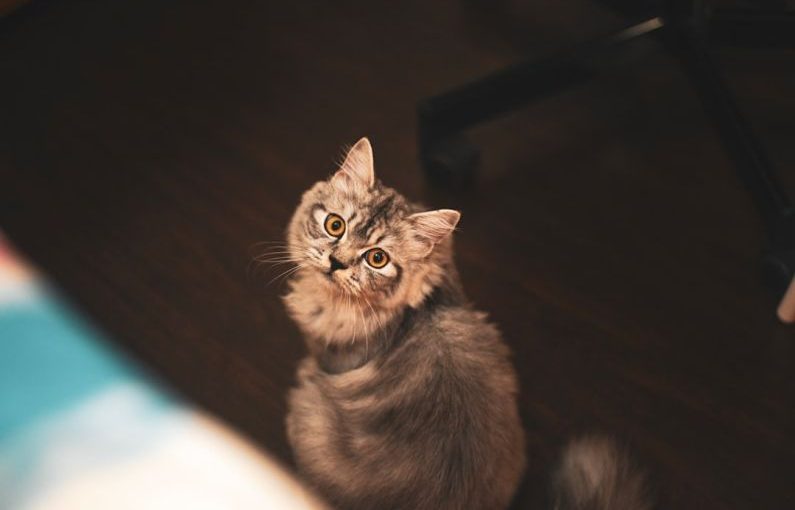Small mammals, such as hamsters, guinea pigs, and rabbits, make wonderful pets due to their adorable nature and manageable size. However, handling these delicate creatures requires care and attention to ensure their safety and well-being. Whether you are a new pet owner or looking to brush up on your skills, here are some essential tips on how to handle your small mammal safely.
**Understanding Your Small Mammal’s Behavior**
Before attempting to handle your small mammal, it is crucial to understand its behavior and temperament. Each species has its own unique characteristics, and it is essential to familiarize yourself with these traits to avoid any potential mishaps. For example, hamsters are known to be nocturnal and may become agitated if woken up during the day, while guinea pigs are social animals that thrive on companionship. By observing and studying your pet’s behavior, you can better anticipate how they may react to being handled.
**Approaching Your Small Mammal**
When approaching your small mammal, it is vital to do so in a calm and gentle manner. Sudden movements or loud noises can startle your pet, leading to stress or fear. Approach your furry friend slowly, allowing them to become accustomed to your presence. Avoid reaching into their enclosure abruptly, as this can cause them to feel threatened. Instead, let them sniff your hand and become familiar with your scent before attempting to pick them up.
**Picking Up Your Small Mammal**
When picking up your small mammal, it is essential to do so with care and precision. Use both hands to support their body, ensuring that they feel secure and stable. For hamsters and mice, gently cup your hands around them, making sure not to squeeze or apply too much pressure. Guinea pigs and rabbits should be supported under their chest and hindquarters to prevent any strain on their delicate spines. Avoid picking up your pet by their tail or scruff, as this can cause discomfort and potential injury.
**Handling Your Small Mammal**
Once you have safely picked up your small mammal, it is crucial to handle them with care and respect. Avoid sudden movements or rough handling, as this can cause your pet distress and lead to accidental injuries. Allow your furry friend to explore and move around while being held, ensuring that they feel comfortable and secure in your hands. Take care to support their body at all times, especially their hindquarters, to prevent any unnecessary strain or discomfort.
**Interacting with Your Small Mammal**
Interacting with your small mammal is a great way to bond and build trust with your pet. Spend quality time with them each day, offering treats, toys, and gentle pets to show your affection. Avoid forcing your pet to interact with you if they seem reluctant or stressed. Respect their boundaries and allow them to approach you on their own terms. By creating a positive and nurturing environment, you can strengthen your bond with your small mammal and ensure their happiness and well-being.
**Ensuring Your Small Mammal’s Safety**
While handling your small mammal, it is crucial to prioritize their safety and well-being. Keep them away from potential hazards such as small children, other pets, and household dangers. Supervise interactions between your small mammal and any other animals to prevent accidents or injuries. Provide a safe and secure environment for your pet to explore and play, ensuring that their enclosure is escape-proof and free of any harmful objects.
**Creating a Bond with Your Small Mammal**
Building a strong bond with your small mammal takes time, patience, and dedication. By understanding their behavior, handling them with care, and creating a safe environment, you can establish a trusting relationship with your furry friend. Offer them love, attention, and companionship, and you will be rewarded with a loyal and affectionate pet that brings joy and happiness to your life.
**In Summary**
Handling your small mammal safely requires patience, understanding, and a gentle touch. By familiarizing yourself with your pet’s behavior, approaching them calmly, picking them up with care, and providing a safe environment, you can ensure their well-being and build a strong bond with your furry companion. Remember to always prioritize your pet’s safety and happiness, and you will enjoy a rewarding and fulfilling relationship with your small mammal for years to come.





